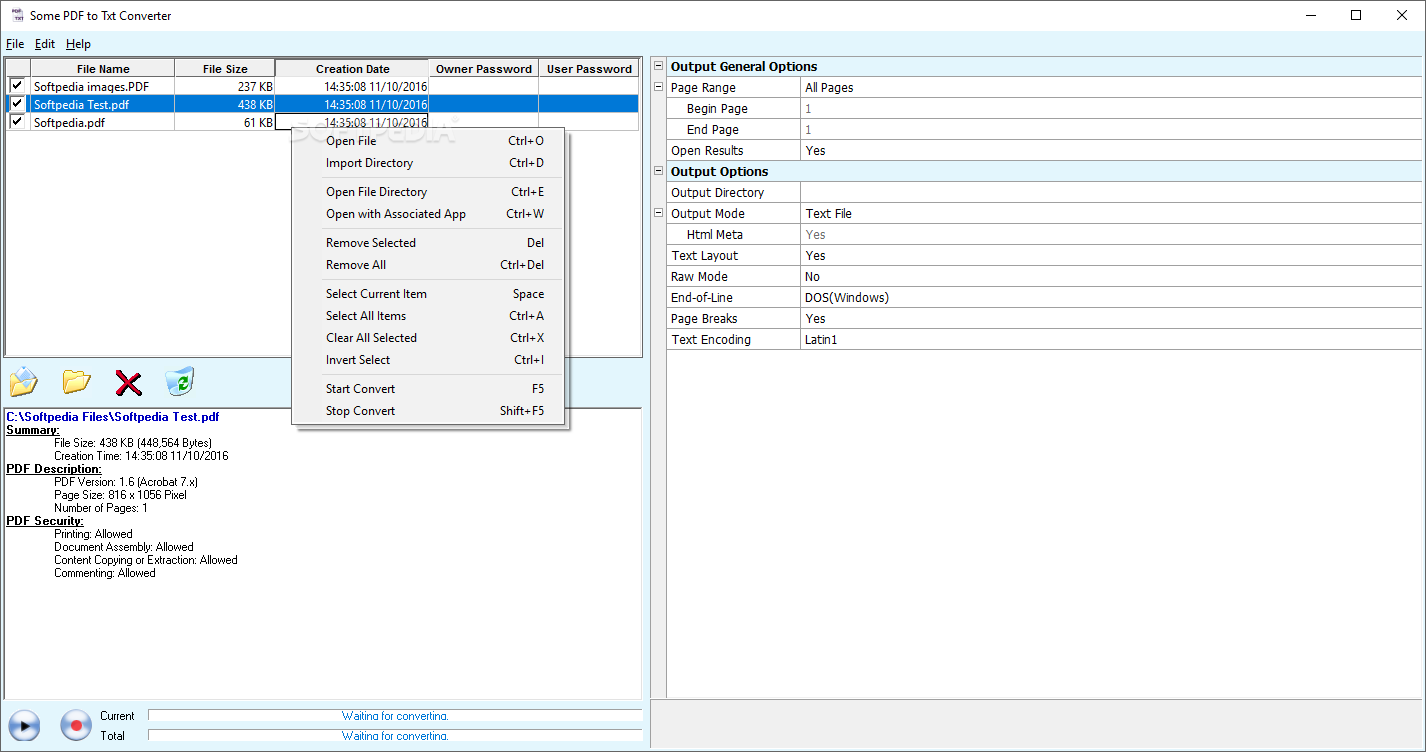
The format gets slightly trickier to maintain as each topic contains multiple wordsĪnd then writing them into a CSV (Comma Separated Values) File. He told me that this could be achieved by capturing all the data in the text into a dictionary in the following format: ‘Topic’ is the key and the rest are the key’s value. For that, he needed me to neatly assort all similar meaning words beside a topic. He wanted the text aspects to be uniform. Below are the snippets of the text file which I’m talking about: Here, ‘Glower’ is preceded by a newline whereas others are not Here, the example of ‘Shirk’ is preceded by a newline Some aspects were missing from the words. There were spaces and newlines between a word and its sentence. Each word had its definition and an example sentence next to it but in a not-so-organized manner. Many of the words shared almost the same meaning. He came across a text file containing thousands of words. Let me show you what the project demanded. This makes the code highly readable as the index is replaced by an English word of one’s choice.

Moreover, the values held in these could be accessed with and without the use of indexes. I was mesmerized when I learned that data structures like lists, tuples and dictionary could be created and initialized dynamically with a single line (like so, list-name = ). Within seconds, I fell in love with its easy, crisp syntax and its automatic indentation while writing. Turns out this computer programming language isn’t so hard (well, until I got this project! :P ).


 0 kommentar(er)
0 kommentar(er)
